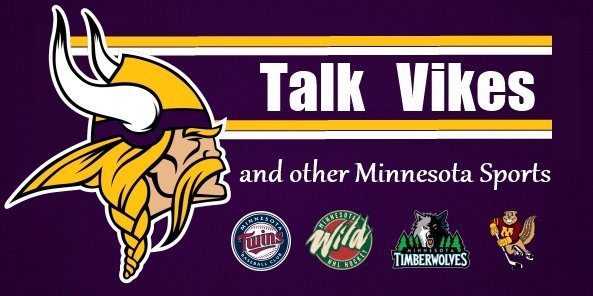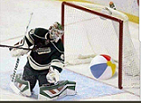Stacey King
Posts: 7989
Joined: 7/21/2007
Status: offline

|
twins blogger:
It seemed a unique draft emphasis in 2013 for the Twins: After landing consensus top prospect Bryon Buxton, the Twins went heavy on college relief pitchers, taking five of them in their first eight picks.
It seemed unique. Until the Twins essentially replicated the strategy earlier this month. At one point — rounds 2 through 6 — the Twins selected five college relievers in a row.
As a rule, relief pitchers are less valuable than starters. Presumably, therefore, these guys were relief pitchers because they weren't good enough to start. Or because they couldn't stay healthy working longer stints.
The Twins in 2012 made several bullpen selections with the intent of trying them as starters. And some they knew going in were going to remain in the bullpen. The same is probably true of the 2014 picks. Second-rounder Nick Burdi, for example, is going to remain a relief pitcher, while sixth-rounder John Curtiss was probably only in the bullpen this year because he needed his innings limited in his return from serious arm surgery.
I thought it might be instructive to see how the 2012 attempt at mining college bullpens has worked so far.
Luke Bard (supplemental): One of the pitchers the Twins eyed as a potential starter, Bard threw all of 12.1 innings last season and hasn't pitched at all this season. Seth Stohs, a blogger who drills deep into the Twins farm system, says Bard had surgery in May to reattach two significant shoulder and back muscles. These are career-threatening surgeries at best.
Mason Melotakis (second round): The left-hander made 18 starts last year for low A Cedar Rapids, finishing the season with a 3.16 ERA in 111 innings. Elevated a level this year, he has worked mainly out of the bullpen (just two starts). He figures to be a reliever going forward.
J.T. Chargois (second round): He was always seen as a relief candidate and injury risk; supposedly he could be fast-tracked to the majors. He threw 16 innings in 2012 for the Twins, missed last season with injury and had Tommy John surgery last fall. We'll see what he has in 2015.
Zach Jones (fourth round): He dominated high A as a reliever in 2013 — 70 strikeouts in 48.2 innings with a 1.85 ERA — but fell victim to Tommy John surgery this spring. We'll see what he has in 2015.
Tyler Duffy (fifth round): A college teammate of Chargois (they were co-closers at Rice), he's been strictly a starter this season and has pushed his way to Double A. He's spluttered a bit at New Britain (4.71 ERA in his first nine starts) but has some strong peripherals (including 3.6 strikeouts for each walk).
Three of the five have encountered major health issues. Only one is still being considered as a rotation candidate.
That sounds more discouraging than it probably is. The attrition rate for pitchers, even those taken in early rounds as these five were, is always high. Chargois in particular was regarded as an injury risk.
In truth, if one of these guys makes it in the majors, the Twins will be happy — especially considering that this is the draft that brought them Buxton and J.O. Berrios, a high school righty taken ahead of Bard in the supplemental round who is dominating in high A ball (2.09 ERA with 90 strikeouts in 77.1 innings).
The Twins will probably consider this year's reliever crop a success if one or two become major league factors down the road. Draft a bunch of pitchers, hope one or two survives — that's the way it works.
|

 Printable Version
Printable Version












 New Messages
New Messages No New Messages
No New Messages Hot Topic w/ New Messages
Hot Topic w/ New Messages Hot Topic w/o New Messages
Hot Topic w/o New Messages Locked w/ New Messages
Locked w/ New Messages Locked w/o New Messages
Locked w/o New Messages Post New Thread
Post New Thread